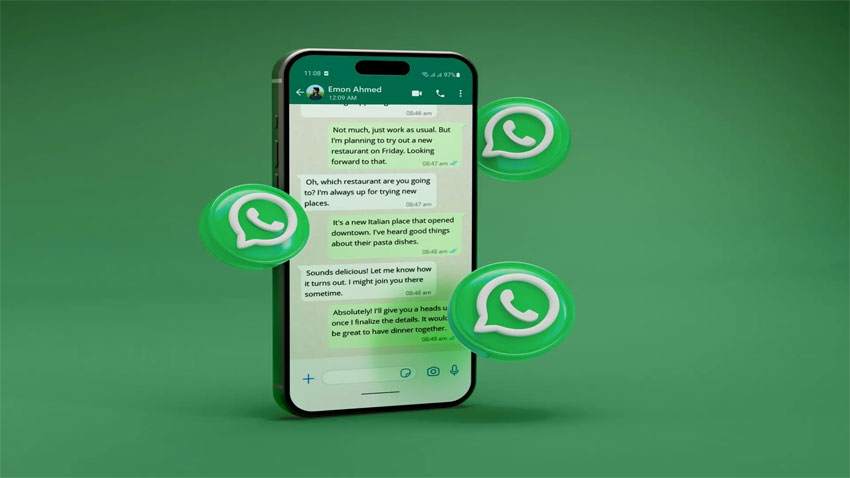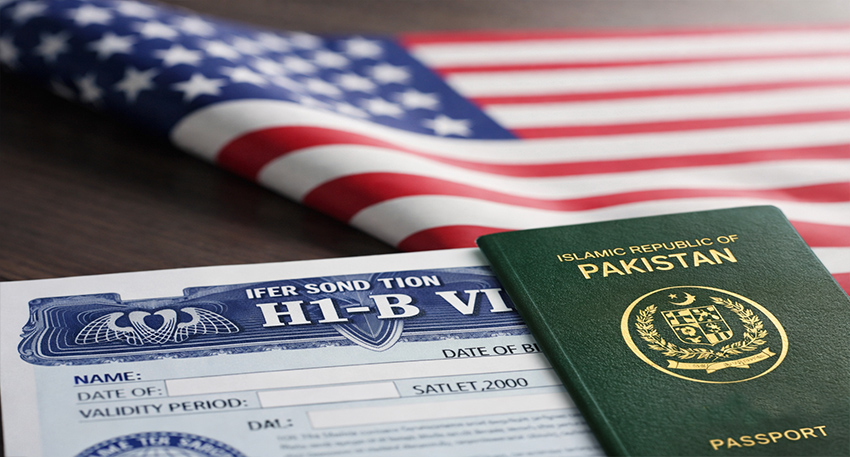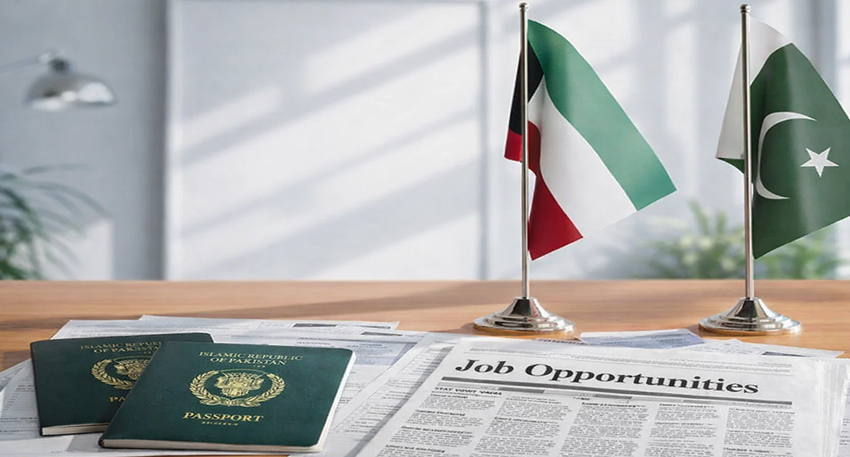
The service aims to give users a fast, safe, and contactless experience without visiting any retail outlet.
According to the company, customers can start the process by messaging on WhatsApp UAN: 051 111-345-100. They can then choose their city, select a preferred number and package, share personal details, make payment, and get the SIM delivered right to their doorstep. Biometric verification will be completed at the time of delivery, ensuring secure activation.
Telenor says this end-to-end digital process is part of its broader mission to enhance customer convenience and promote digital inclusion. “We are proud to be at the forefront of digital innovation,” said Waqas Amanullah, Chief Consumer Business Officer, Telenor Pakistan. “By enabling SIM purchases and bundle management through WhatsApp, we are putting the power of connectivity directly into our customers’ hands.”
Read more: Gold tumbles to Rs444,900 per tola amid $17 fall in global market
The WhatsApp-based SIM purchase and replacement service is currently available in more than 20 major cities, including Lahore, Karachi, Islamabad/Rawalpindi, Peshawar, Multan, and Faisalabad. The bundle recharge option, however, is available nationwide.
Designed to serve both urban and semi-urban areas, the new service brings convenience and security to users who already rely on WhatsApp for communication. It represents another milestone in Telenor’s efforts to use technology to simplify everyday life and expand digital access across Pakistan.
This initiative marks a bold step toward Pakistan’s digital future. By integrating mobile services into WhatsApp, Telenor has bridged the gap between technology and accessibility. It not only saves time but also ensures safety and transparency for customers. As more telecom players move toward automation, this WhatsApp-based model could become the future of digital connectivity in the country.




